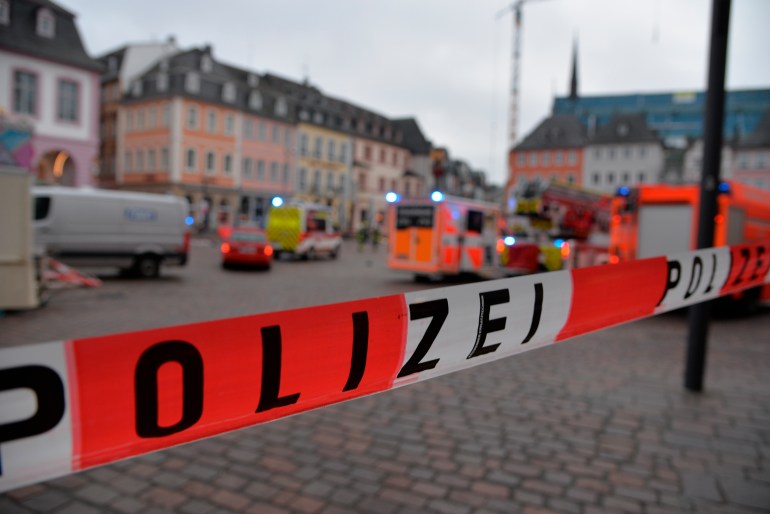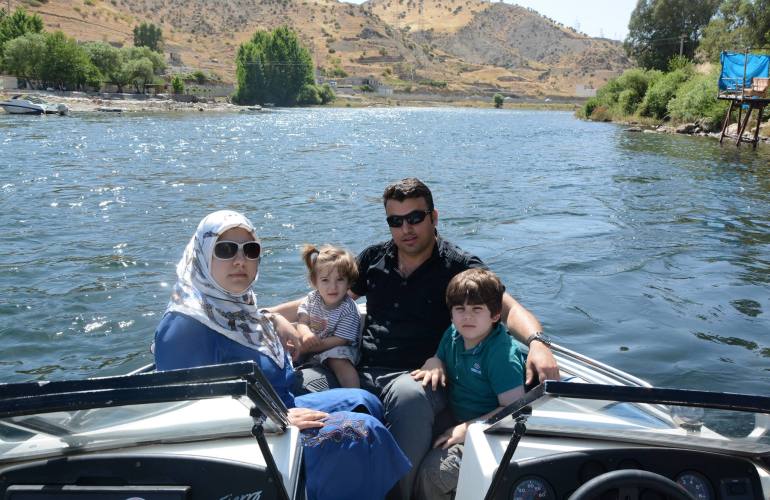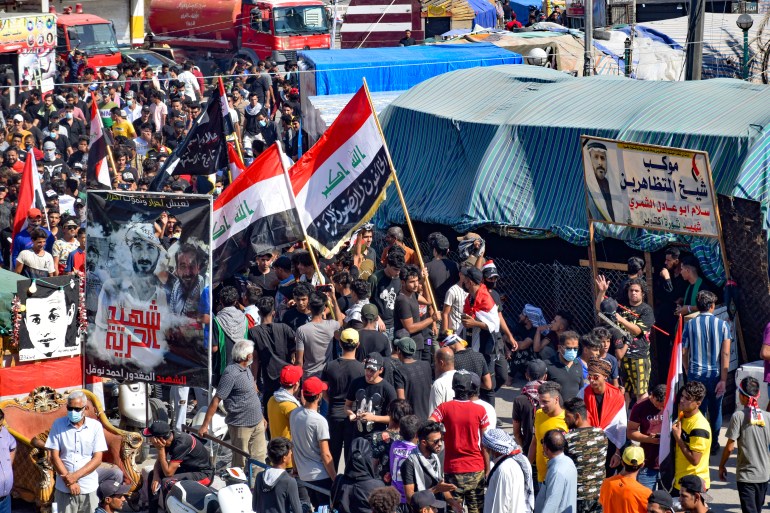
The coronavirus pandemic is pushing the number of people in need of humanitarian assistance to new highs, according to the United Nations, dramatically increasing the ranks of extreme poverty in just one year.
One in 33 people will need aid to meet basic needs like food, water and sanitation in 2021, an increase of 40 percent from this year, the UN said on Tuesday in its Global Humanitarian Overview 2021. That translates to 235 million people worldwide, with concentrations in Syria, Yemen, Afghanistan, the Democratic Republic of the Congo and Ethiopia, it said.
"The crisis is far from over," said UN Secretary-General Antonio Guterres in a statement. “Humanitarian aid budgets face dire shortfalls as the impact of the global pandemic continues to worsen.
"The lives of people… already living on a knife’s edge are being hit disproportionately hard by rising food prices, falling incomes, interrupted vaccination programs and school closures."
The UN Office for the Coordination of Humanitarian Affairs (OCHA) said it hopes to reach 160 million of those people.
“The picture we're painting this year is the bleakest and darkest perspective on humanitarian needs we've ever set out, and that's because the pandemic has reaped carnage across the most fragile and vulnerable countries on the planet,” said UN humanitarian chief Mark Lowcock, who heads OCHA.
“For the first time since the 1990s, extreme poverty is going to increase, life expectancy will fall, the annual death toll from HIV, tuberculosis and malaria is set to double. We fear a near doubling in the number of people facing starvation. "
Lowcock said Yemen, where “a large-scale famine” is a looming threat, faces the most serious problem, primarily as a result of a drop in funding from Gulf countries who used to be major donors. The shortfall has led to cuts in aid programs and the closing down of clinics.
The Syrian crisis - and its spillover to neighboring countries where millions of Syrians fled to escape the conflict - is the subject of the biggest call for funding, according to Lowcock.
OCHA said other countries in need include Afghanistan, Congo, Haiti, Nigeria, South Sudan, Ukraine and Venezuela. Newcomers to this year’s list are Mozambique, where armed activity has increased in the north, Pakistan and Zimbabwe.
Lowcock said that it was not the pandemic, but rather its economic impact that is having the greatest effect on humanitarian needs.
"These all hit the poorest people in the poorest countries hardest of all," he said. "For the poorest, the hangover from the pandemic will be long and hard."
SOURCE: AL JAZEERA AND NEWS AGENCIES
 The city centre had been cordoned off and helicopters were circling overhead [Harald Tittel/DPA via AP]
The city centre had been cordoned off and helicopters were circling overhead [Harald Tittel/DPA via AP] Sherwani is accused of ‘endangering the Kurdistan region’s security’ and publishing classified information [Courtesy: Rugash Izzaddin Muheiadin]
Sherwani is accused of ‘endangering the Kurdistan region’s security’ and publishing classified information [Courtesy: Rugash Izzaddin Muheiadin]
 Iraqis rally to mark the first anniversary of massive anti-government protests in the southern city of Nasiriya in Dhi Qar province in October [Asaad Niazi/AFP]
Iraqis rally to mark the first anniversary of massive anti-government protests in the southern city of Nasiriya in Dhi Qar province in October [Asaad Niazi/AFP] The Arecibo Observatory space telescope, seen in a satellite image taken over Arecibo, Puerto Rico [File: Planet/Handout via Reuters]
The Arecibo Observatory space telescope, seen in a satellite image taken over Arecibo, Puerto Rico [File: Planet/Handout via Reuters]



